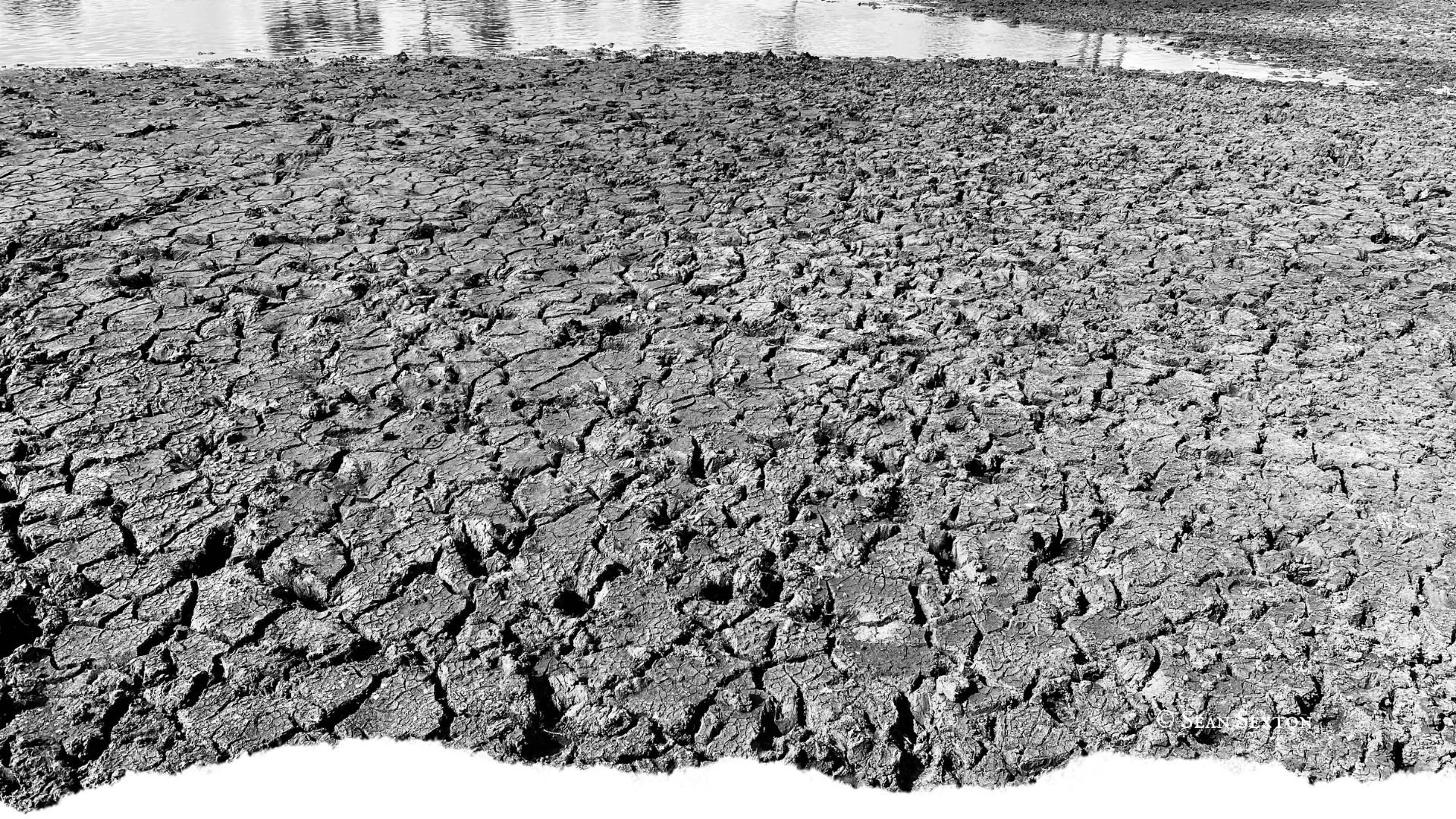
Passing Time
by Deborah-Zenha Adams
My mother bought a wooden rocking chair for a song at our local thrift store, but not until she’d convinced the seller to knock five dollars off the price. She spent many contented hours in that chair, rocking on her front porch, watching traffic go by and overseeing the subdivision kingdom from her matriarch’s seat of power. When she was given a fancy new chair, she passed the vintage beauty along to me. It lives on my porch now, its bare arms lightly carved with strangers’ initials: RM, KH, BL. People I never knew left a record of their existence in a message so cryptic it may as well not be there at all.
From my porch on the other side of town, I can rock and watch the river. There’s a loblolly pine a few feet away that shoots out a whiff of its energetic scent with every breeze, urging me to pay attention to that tree, that message, that moment. Barges pass several times a day, urged along by thrumming towboats. Loopers in their yachts and sailboats glide gracefully north or south with the seasons. Motorboats rip the water with their wakes. They all pass unnoticed by the ghostly sentinel—a great white egret that claims a mud flat for a few months every year. She stands there for hours, waiting or watching or guarding her territory. She abandons her post when the water rises and the shoal disappears, but she returns year after year. Or perhaps it’s a different bird each time, one stepping into the place of the other so smoothly that I never notice the change.
The water level falls more or less simultaneously with the leaves. This isn’t a natural occurrence; the Tennessee Valley Authority adjusts the water depth for commerce, recreation, and safety. In summer, water is kept higher, with drawdown staggered to generate the electricity needed during the hottest month. When flooding is more likely, reservoirs are lowered to create room for holding runoff; that’s when trees and land rise up from the diminishing river like ghosts searching for Heaven.
This land used to flood regularly before the water was tamed and forced to overflow its banks on a schedule that suits the civilized world. TVA’s solution—dam the river to regulate the flooding and use the retained water to create electricity—was a good one, provided you had no particular affection for the family lands and communities that sprawled on both sides of the channel. The dams brought cheap power, but those people who called the place Home stood in the way. They were forced to evacuate. Houses and barns, schools and churches were all razed so that squatters couldn’t bypass the government’s decree. The deliberate flood was meant to take everything, but something is always left behind.
I rock back and forth on my porch, watching river traffic and shore birds while the amphibious land rises and falls with seasonal pool. Drawdown reveals artifacts—pitted concrete steps, rusted andirons, chimney bricks—that cling to the place they belong. All those souls tied to the land left a trail of possessions and memories scattered like clues. Or breadcrumbs. Sometimes when the wind is too strong for lounging on the porch, I catch a glimpse through my window of Mom’s empty chair moving, as if some long-gone neighbor came to visit for a spell, and finding me absent, decided to spend the time until my return by watching the world pass by.
My mother died recently, so recently that her headstone isn’t yet carved. So recently that I can still hear her voice snap “Stop that chair from rocking!” She came from a generation that feared empty chairs rocking might invite haints to sit in them, but that generation has disappeared just like the town. If revenants haunt this shore, they are silent and likely confused by the disappearance of life as they knew it, wondering where their people got to, and which god sent a deluge. Whatever they’re clinging to is a mystery that I try to solve as I rock in the matriarch chair.
Deborah-Zenha Adams (she/her) is an award-winning author of novels, short fiction, CNF, and poetry. She is a seventh generation Tennessean, and much of her writing draws on that heritage. She served as executive editor of Oconee Spirit Press for ten years, and is a reader for Boomerlit. You're invited to visit her website to read more of her work.


